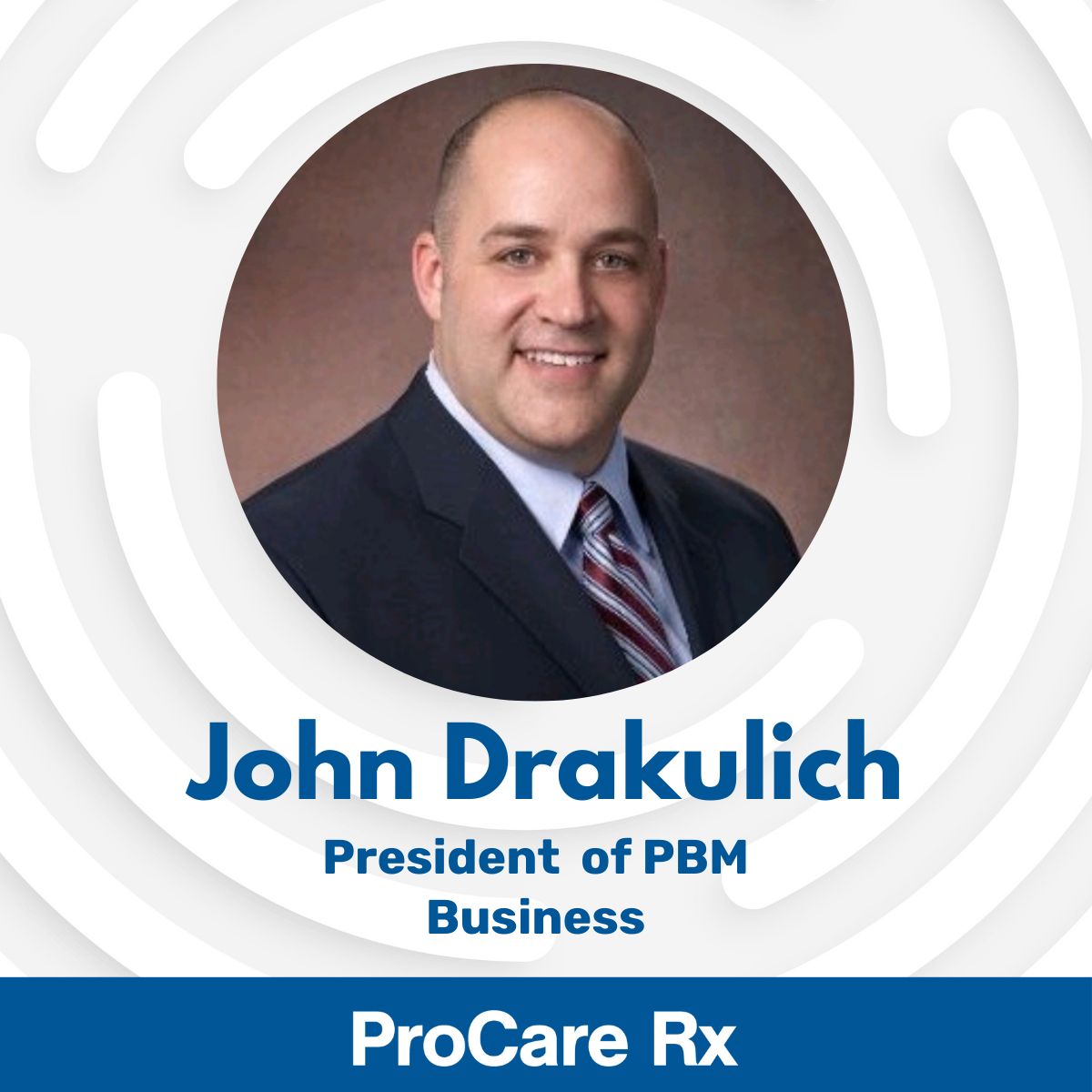Prescription Drug Reform Gains Momentum: What the New Senate Bill Means for Plan Sponsors
Prescription Drug Reform Gains Momentum: What the New Senate Bill Means for Plan Sponsors
The Senate Judiciary Committee has unanimously advanced the Prescription Pricing for the People Act of 2025. The voice vote signals rare bipartisan agreement on a complex issue: prescription drug pricing and the role of pharmacy benefit managers (PBMs) in driving those costs.
The legislation, if passed, would require the Federal Trade Commission (FTC) to further investigate the practices of intermediaries in the pharmaceutical supply chain—and recommend policies that promote transparency and fair competition. It’s a move that reflects growing concern about market consolidation, limited pricing visibility, and the potential impact on patients and payers alike.
It’s also a step toward giving plan sponsors the information they need to make better decisions. And that’s something we believe in deeply.
What’s in the Prescription Pricing for the People Act of 2025?
The bill, introduced by Senator Chuck Grassley (R-IA), directs the FTC to examine how PBMs influence drug pricing, reimbursement, and patient access. Specifically, it calls for a study of:
- PBM pricing and spread practices
Investigating whether PBMs are reimbursing pharmacies less than they charge plan sponsors. - Patient steering to owned pharmacies
Determining whether PBMs direct patients toward affiliated pharmacies, limiting choice and impacting independents. - Use of competitive pharmacy data
Exploring how PBMs may use claims data from unaffiliated pharmacies to gain a market edge. - Formulary design and cost structure
Looking at whether PBMs design formularies in ways that favor higher-cost drugs when lower-cost options are available.
The FTC would be required to submit an interim report within 180 days of enactment and a final report within one year—both with recommendations for legislative or regulatory action.
Why It Matters
This legislation comes amid broader concerns over how opaque pricing and consolidation in the pharmacy supply chain affect employers, health plans, and patients. As Congress takes a closer look, plan sponsors are being asked to do the same—evaluating whether their PBM relationships are really delivering on value, access, and cost control.
The push for oversight is less about political positioning and more about rebalancing the system. Right now, too many decision-making levers are hidden from the people actually footing the bill.
Supporting Plan Sponsor Control
While transparency is essential, it’s only part of the equation. At ProCare Rx, we believe that plan sponsors deserve more than visibility—they deserve control.
That means:
- Contracts with clear terms and no surprise fees
- Access to real-time data for smarter, faster decisions
- The ability to customize benefit design, rather than accept a one-size-fits-all model
- A pharmacy benefit partner that answers to you, not to shareholders or owned pharmacies
This is one of our Seven Pillars for a reason: when employers have more control, they can manage their risk more effectively, protect their members more thoughtfully, and ensure that pharmacy benefits remain sustainable long-term.
Looking Ahead
As the Prescription Pricing for the People Act of 2025 continues to move forward, we see an opportunity to bring greater balance to the pharmacy benefit landscape—one where decisions are driven by value, not volume.
For plan sponsors and the patients they serve, that’s a win.
We’ll continue to follow this legislation closely and share updates as they become available.
About ProCare Rx
ProCare Rx is a privately held, independent pharmacy benefit manager (PBM) that has empowered healthcare and self-insured organizations since 1988. We provide fully integrated, in-house solutions—including claims adjudication, clinical program design, pharmacy network access, cost containment, and data analytics—all supported in the U.S. Our flexible, transparent model serves self-insured employers, third-party administrators (TPA), brokers, health plans, health systems, managed care organizations (MCO), unions, workers’ compensation programs, Medicare, Medicaid, hospices, and other PBMs. With a proprietary technology platform, commitment to ethical operations, and a focus on lowest net cost, ProCare Rx delivers long-term value, clinical performance, and trusted pharmacy benefit partnerships.
Media Contact:
Marc Cohen, VP, Marketing and Sales
marketing@ProCareRx.com










